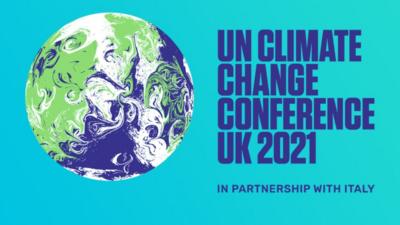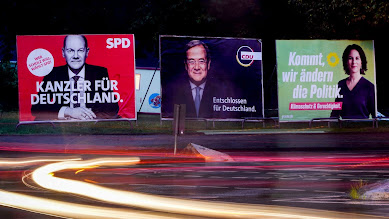 |
| The UN General Assembly Floor via https://peacekeeping.un.org/ |
Currently, the 76th session of the United Nations General Assembly is taking place. It is held annually at the United Nations Headquarters in NYC. This is where all United Nations members take place in aid of making policies to help the world. The two biggest discussions during the assembly this year are the COVID-19 pandemic and the Earth’s state with climate change. These two issues affect every country in the world, hence why it has been such a prevalent issue among world leaders. Along with the UN General Assembly, another world meeting takes place at the beginning of November for the 26th time, the United Nations Climate Change Conference, or COP26 for short. Here the world leaders focus strictly on climate change and work together to find solutions toward helping the Earth recover from the damage already done. For reference, the Paris Agreement came into effect during COP21 in 2016.
It’s no surprise that the world has gone through many natural disasters lately, especially in the United States where there were more Hurricanes, Wildfires, etc, than we’re used to seeing. Climate change could be the blame for this, which directly affects the state of a country entirely. Natural disasters destroy resources, make countries pour the resources that they have into recovery, and the economy gets hurt from natural disasters for a variety of reasons. It has also been discovered that the world is warming at a faster rate than initially expected, and scientists believe that it is crucial to cut greenhouse gas emissions in half this decade. The world needs to come to agreements to slow and/or avoid Climate Change, otherwise, the world will start to fall apart gradually, and many more disasters will occur harming the human race and our daily lives.
 |
| The Official Poster for COP26 via https://www.bbc.co.uk/ |
With that being said, there are plenty of goals in mind for the upcoming COP26. A member of the British Parliament, Alok Sharma, mentioned the goals he had for the event (via CNN):
Keeping the goal of "1.5 alive," a target that some fossil fuel-producing countries have resisted, at least in terms of strengthening language around it in any agreement.
Putting an end date on the use of "unabated" coal, which leaves open the possibility to keep using some coal, as long as the majority of greenhouse gas emissions from the fossil fuel are captured, preventing them to enter the atmosphere. Some scientists and activists groups have said all coal should be consigned to history.
Providing $100 billion of annual climate financing, which wealthy nations agreed to, to help developing countries reduce fossil fuel emissions and adapt to the impacts of the crisis.
Making all new car sales zero emissions within 14-19 years.
Ending deforestation by the end of the decade, as forests play a crucial role in removing carbon from the atmosphere.
Reducing emissions from methane, a potent gas with more than 80 times the warming power of carbon dioxide.
These goals will take time to make sure they’re put into place, but if the world is able to successfully put these goals into action, the Earth will be in a much better place for its future. Once again, it's crucial for the world to be in agreement. The Paris Agreement was a great first step, but it won't be enough, and it still relies on each country following the agreement strictly.
The world is in a difficult spot right now dealing with both the COVID-19 Pandemic, along with worsening Climate change, combined with any issues each country is dealing with. This may lead to some delays in getting started, which is far from ideal, however, what is most important right now is the world creates a plan for Every country to follow. It's going to take every country to overcome the hole the world has dug itself into, but it isn't too late to slowly get back out of it. If all goes well during the rest of the UN Assembly and the upcoming COP26, the world should be in a much better place than it has been in the past.












